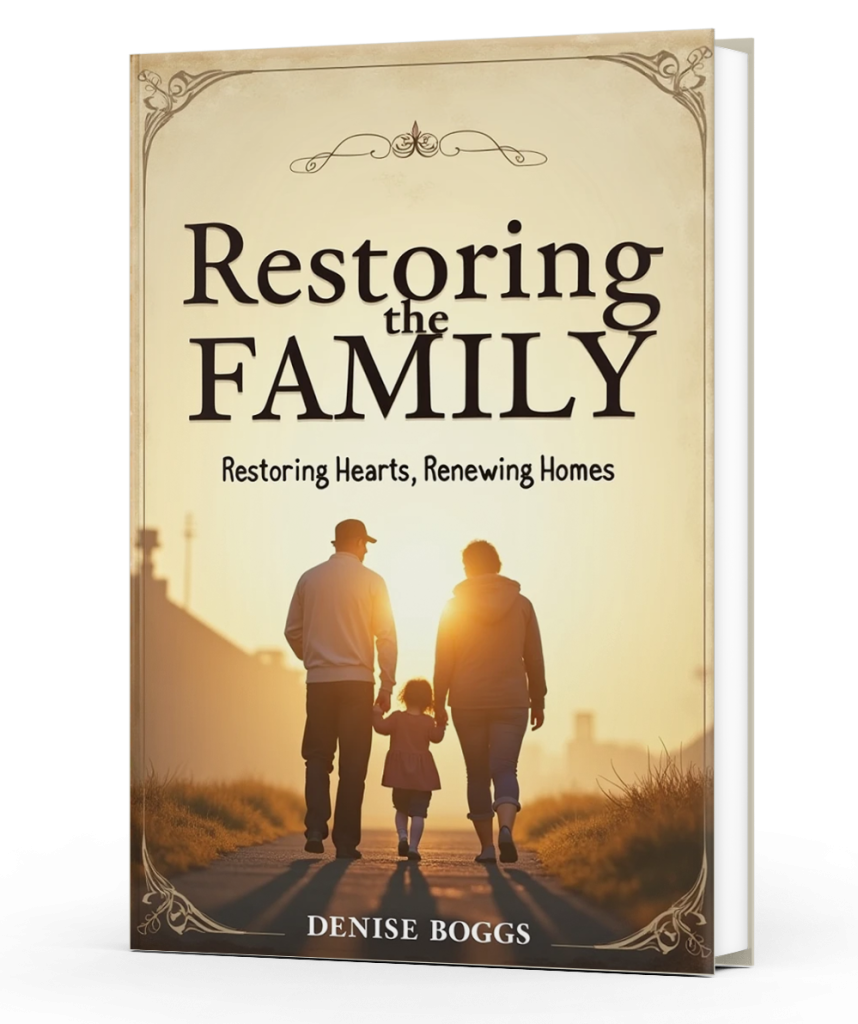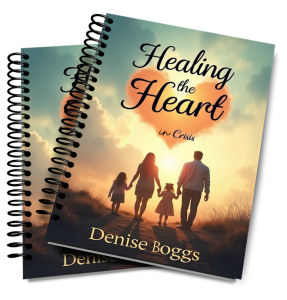In our preparedness journey, the greatest skills and teachings have come from experiencing difficulties and learning skills to overcome challenges. We gain confidence and strength as we deal with hardships and learn. The reality is, we grow when we are uncomfortable. The same can be said about overcoming difficulties or hurts we may encounter (or cause) in our relationships. Sharing grace and love sometimes requires us to mature and grow in our Faith. Gods Grace is sufficient – but ours often needs recharging.
The power of forgiveness is a central theme throughout the Bible, and we see numerous examples of how forgiveness can transform lives and relationships. Another striking instance is found in the story of the prodigal son in Luke 15:11-32. In this parable, a father’s younger son demands his inheritance, then squanders it in wild living. When the son eventually returns home, broke and humiliated, the father doesn’t hold the past against him. Instead, he runs to embrace his son, welcoming him back with open arms and celebrating his return.
This story illustrates the depth of God’s love and forgiveness towards us. No matter how far we may wander or how badly we may mess up, God is always ready to welcome us back with compassion and grace. As it says in 1 John 1:9, “If we confess our sins, he is faithful and just and will forgive us our sins and purify us from all unrighteousness.”
Forgiveness is not always easy, but it is essential for our spiritual and emotional well-being. When we harbor unforgiveness, it’s like allowing a poison to take root in our hearts. It breeds bitterness, resentment, and anger, hindering our ability to love others and experience the fullness of God’s love for us. In contrast, when we choose to forgive, we open the door for healing, reconciliation, and freedom.
Jesus emphasized the importance of forgiveness in His teachings, even instructing us to forgive those who wrong us “seventy-seven times” (Matthew 18:22). This doesn’t mean that we allow others to continually harm us, but rather that we cultivate a heart posture of forgiveness, trusting God to deal with the injustices we face.
Forgiveness is also key to being prepared for the challenges and opportunities that lie ahead. When we are weighed down by unforgiveness, we are not free to fully embrace all that God has for us. Our energy is sapped, our focus is diverted, and our hearts are not in a place to receive God’s blessings. By choosing forgiveness, we position ourselves to walk in the plans and purposes God has for our lives.
The story of Corrie ten Boom, a Holocaust survivor, powerfully illustrates the freedom that forgiveness brings. After the war, Corrie encountered one of the cruel guards from the concentration camp where she and her sister had been imprisoned. The guard had since become a Christian and asked for her forgiveness. Despite the immense pain and trauma she had suffered, Corrie chose to forgive him, later reflecting, “When he took my hand, an incredible thing took place. The current started in my shoulder, raced down my arm, sprang into our joined hands. And then this healing warmth seemed to flood my whole being, bringing tears to my eyes. ‘I forgive you, brother!’ I cried. ‘With all my heart!'”
Forgiveness is a decision, an act of the will. It’s not always a one-time event but often a process that we must choose again and again. As we do, we experience the healing and freedom that God desires for us. We become better prepared to love others, to serve God, and to walk in the good works He has prepared for us (Ephesians 2:10).
May we, like Joseph, the prodigal son’s father, and Corrie ten Boom, choose forgiveness. As we do, may we experience the peace and freedom that comes from aligning our hearts with God’s heart. And may our lives be a testament to the transformative power of forgiveness, drawing others to the love and grace of our Heavenly Father.






